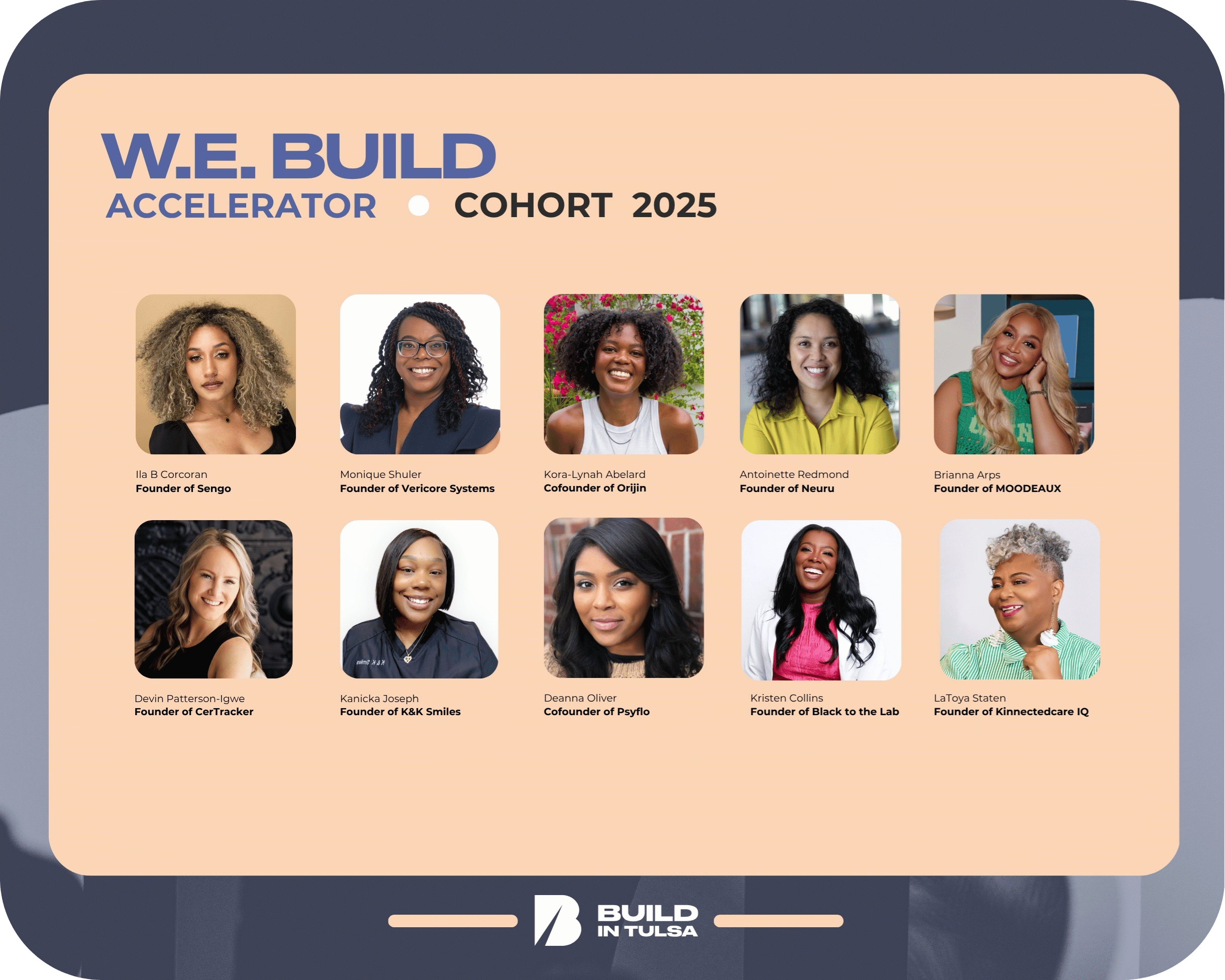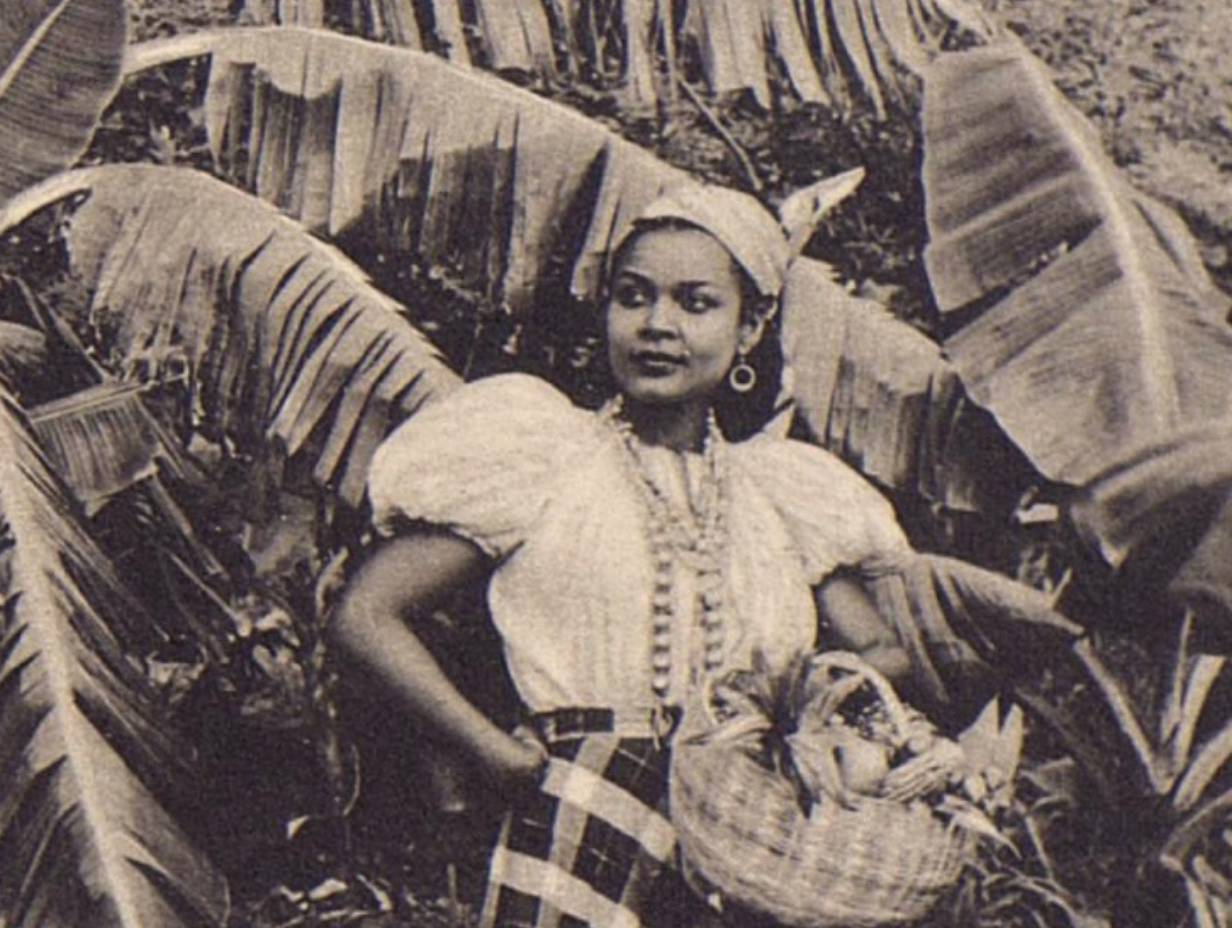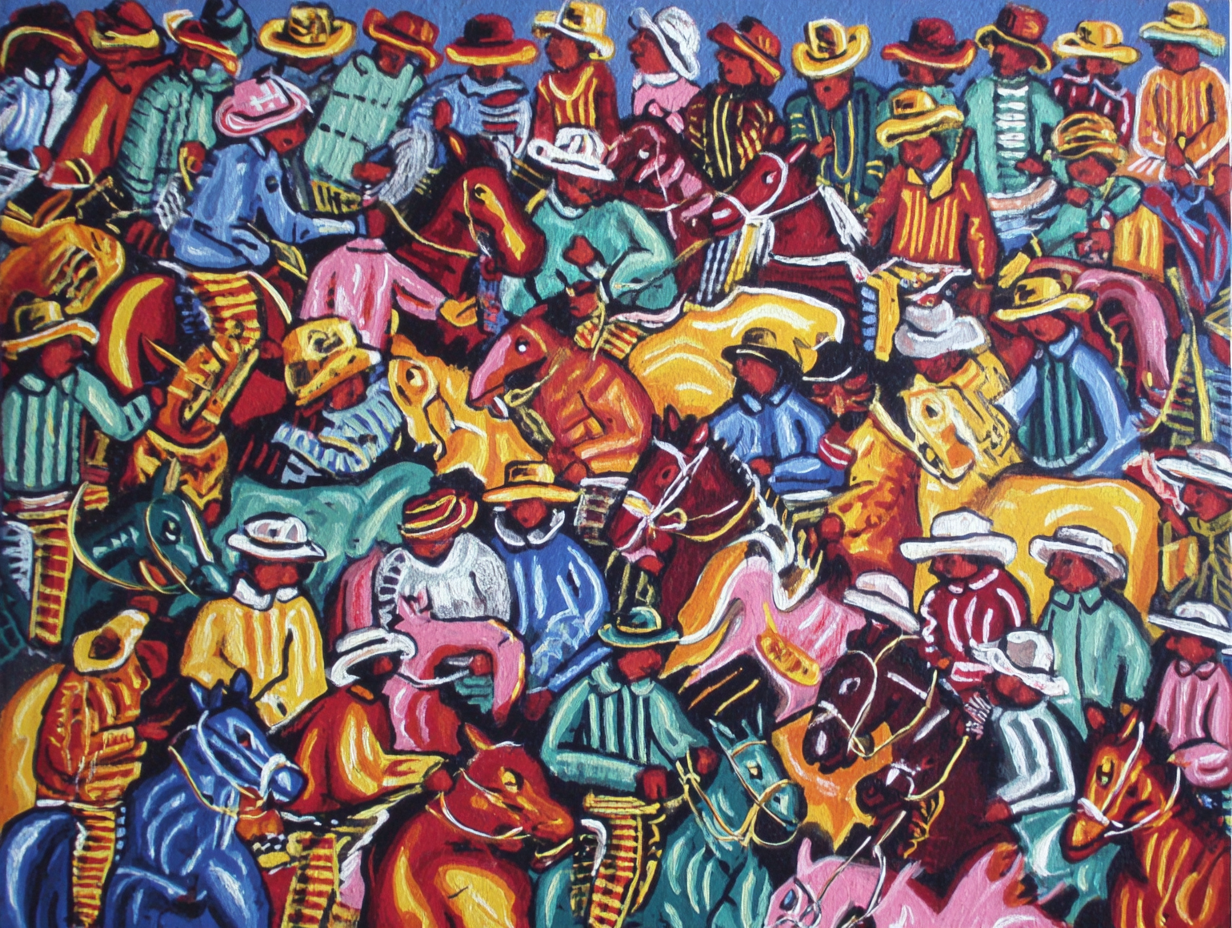I'll be honest - when I landed in Tulsa, Oklahoma, I thought I was just here for a program. Maybe some networking, some learning, definitely some stepping outside my comfort zone. What I didn't expect was to stumble into one of America's most fascinating stories hiding in plain sight.
First Impressions: Definitely Not What I Imagined
Walking around downtown those first few days, I kept thinking about how different this place was from what I'd pictured. No cowboy hats everywhere, no overwhelming country vibes - just this surprisingly modern city with beautiful architecture and an interesting energy I couldn't quite put my finger on.
The building I'm staying in used to be an old office space, and you can see it in the lobby with all this gorgeous original marble. There's something about the way they've preserved pieces of the past while making it functional for today that feels intentional. Like this whole city has stories to tell if you're paying attention.
And once I started paying attention, the stories became impossible to ignore.
The History That Should Be Common Knowledge
Here's what I learned about Tulsa that absolutely blew my mind: this city was once home to one of the wealthiest African American communities in the entire United States. The Greenwood District - they called it Black Wall Street - was 35 blocks of pure Black excellence. We're talking successful businesses, newspapers, theaters, banks, luxury shops. Madame C.J. Walker had a beauty supply store right here. It was completely self-sufficient and thriving.
Then on May 31, 1921, a white mob destroyed ALL of it. Burned down over 1,400 homes and businesses. Killed as many as 300 people. Wiped out generational wealth and community in two days of horrible violence.
The fact that I'm 32 years old and just learning this history in depth says everything about what we're taught in school versus what actually happened. Standing in this place where such profound Black achievement existed and was then violently erased - it hits different. It makes you think about what stories we're still not hearing, what legacies we're still fighting to rebuild.
The Women Who Are Building Now
But here's the thing that's giving me so much hope right now: I'm surrounded by women who are absolutely crushing it and building the future they want to see.
My cohort is incredible. There's this woman revolutionizing science education, specifically creating pathways for girls in STEM and cosmetology. Another founder whose fragrance company is going into a major retailer nationwide next year - like, how is she even real? Someone building a dental company that started with her daughter and has expanded into cosmetic services.
These women represent something powerful - not just individual success stories, but this continuation of the entrepreneurial spirit that made Black Wall Street legendary in the first place. It's like watching history come full circle, but better.
A City That Actually Invests in People
What's making all of this possible isn't just individual hustle, though. Tulsa has this entire philanthropic infrastructure that I didn't see coming. We're talking about one of the most generous cities in America - residents gave away nearly $867 million in charitable donations in 2016 alone.
The George Kaiser Family Foundation alone has over $3 billion in assets and has funded everything from early childhood education to that stunning riverfront park that transformed 100 acres of the city. But it's not just the big names - there's this whole ecosystem designed to support entrepreneurs, especially those who historically haven't had access to traditional funding.
Programs like the one I'm in exist because people here genuinely believe in betting on underrepresented founders. They're not just talking about diversity and inclusion - they're putting actual money and resources behind it.
Innovation is Happening Here
Tulsa isn't just looking backward, either. The city just received $51 million in federal funding to become one of only 12 designated tech hubs nationwide, focusing on autonomous systems and robotics. That's projected to create over 50,000 new tech jobs in the next decade.
There are startup accelerators specifically for founders of color, venture capital firms investing in heartland innovation, organizations bringing remote workers to the city with $10,000 relocation grants. Someone described it perfectly - Tulsa is big enough that your voice gets amplified, but small enough that people can actually hear you.
Finding My Place in the Story
Being here during this particular moment feels significant in ways I'm still processing. There's something about standing where such incredible Black wealth and community once existed, understanding how it was destroyed, and then being part of its rebuilding that puts everything in perspective.
This program isn't just about business education or networking - it's a support system specifically designed for women who look like me, who have been historically excluded from these spaces. And while I'm definitely still working through some imposter syndrome, I can't help but feel grateful for this opportunity and what it represents.
There's something powerful about stacking momentum as an entrepreneur. Coming here after other programs and opportunities, being connected to this ecosystem of people who are genuinely invested in seeing founders like me succeed - it all builds on itself in the best way.
More Than I Expected
Two weeks in and I can say Tulsa has genuinely surprised me. It's a city that knows its full history - the brilliant and the devastating - and is choosing to build forward with intention.
Those quiet downtown streets I noticed at first? They're actually space for thoughtful growth rather than chaotic expansion. The sense of community? Real in ways that feel rare. The commitment to supporting entrepreneurs? Backed by actual resources and genuine investment.
I came to Tulsa thinking I was just here for a program. I'm here now with a completely different understanding of what's possible when communities invest in each other, when history informs the future instead of limiting it, and when people are willing to bet on dreams that might not fit traditional molds.
Sometimes the most transformative experiences are the ones you never see coming.
ti bo (kisses),
Ko
Read more

We're thrilled to share that Orijin has been accepted into the W.E. Build accelerator program! This 15-week journey offers $25,000 in non-dilutive funding and connects us with incredible women foun...

When we started Orijin, we weren't trying to revolutionize skincare. We were solving a personal problem: finding products that worked for our skin without stripping away everything we knew about ca...


Leave a comment
All comments are moderated before being published.
This site is protected by hCaptcha and the hCaptcha Privacy Policy and Terms of Service apply.